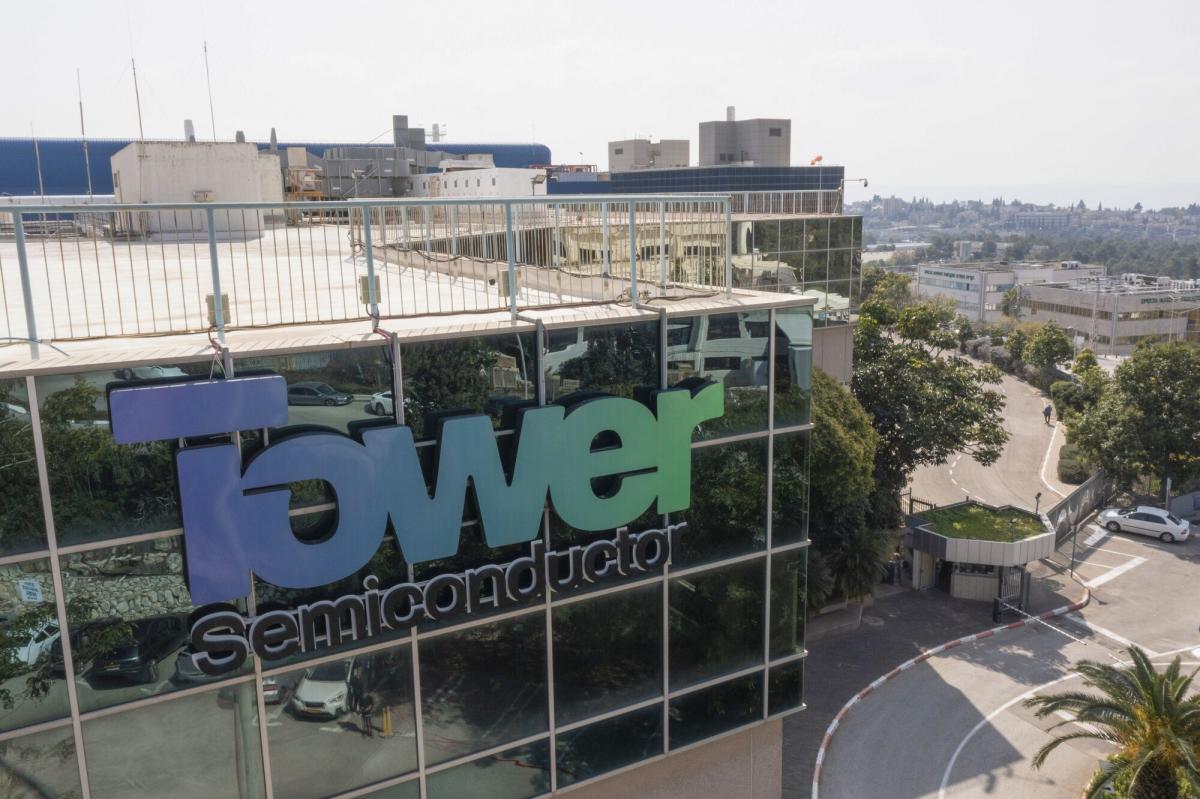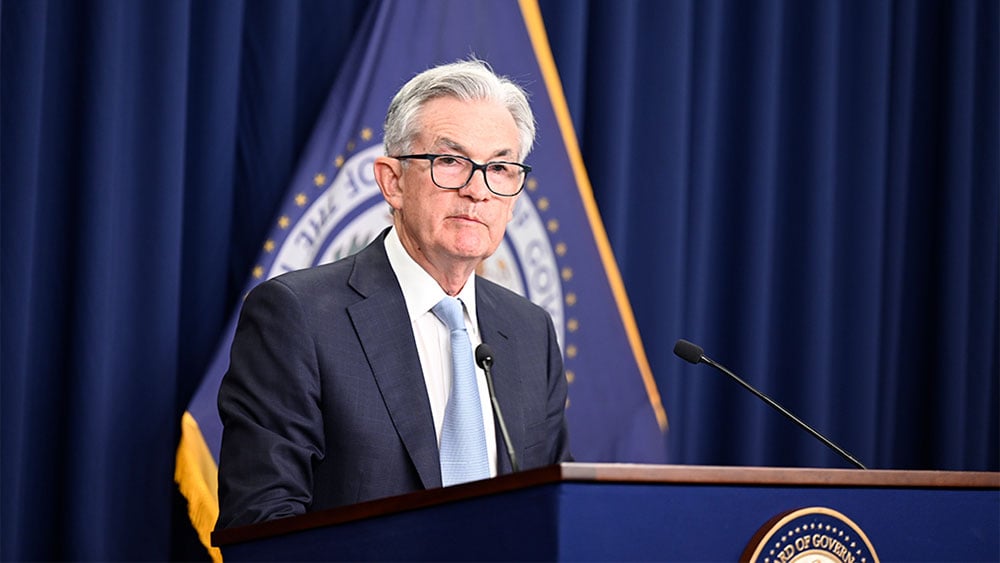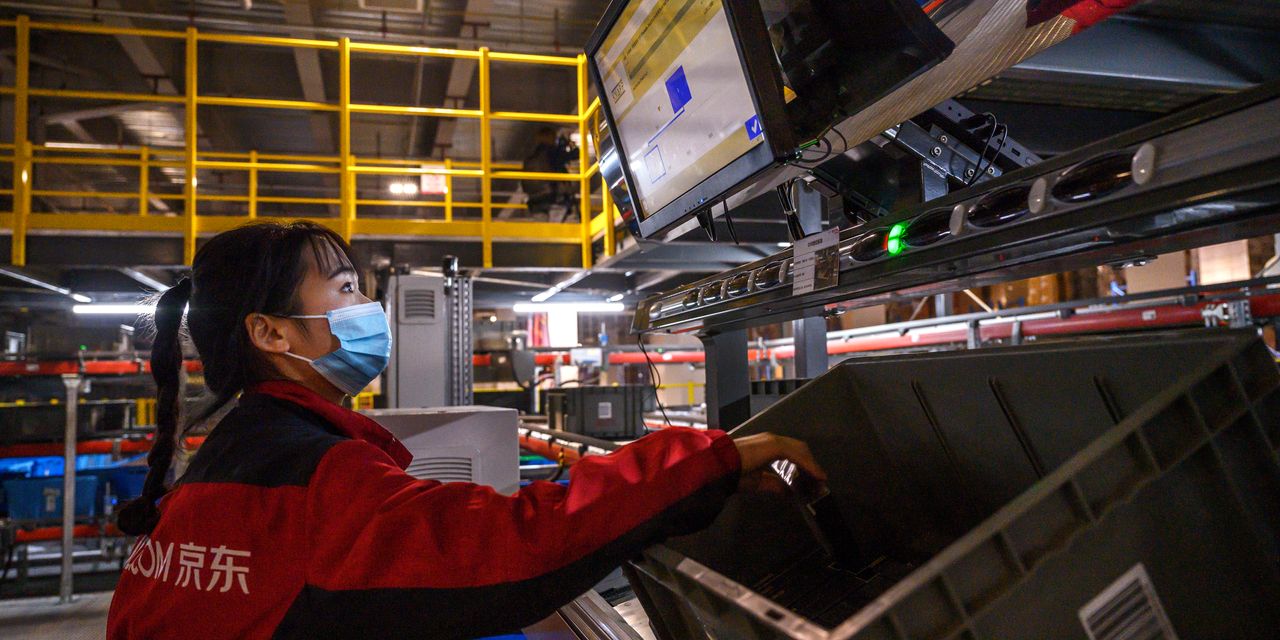(Bloomberg) — Intel Corp. said it is walking away from its bid to acquire Tower Semiconductor Ltd. , abandoned a $5.4 billion deal after failing to secure regulatory approval in a timely manner.
Most Read from Bloomberg
Intel said in a statement on Wednesday that Intel and Tower Semiconductor mutually agreed to terminate the February 2022 agreement. The Israeli company confirmed the cancellation of the deal. Bloomberg News reported earlier that the two companies are expected to cancel the deal after it failed to win approval from China.
Shares of Tower fell as much as 10% in Tel Aviv, the biggest intraday drop since 2020, and were down a similar amount in US pre-market trading.
The purchase of the Israeli company was a cornerstone of Intel CEO Pat Gelsinger’s plan to enter a fast-growing part of the semiconductor industry, the foundry market dominated by Taiwan Semiconductor Manufacturing Co. It has a relatively small presence in the field — companies make chips for customers on a contract basis — but it has expertise and customers that Intel lacks.
“We will continue to look for opportunities to work together” with Tower in the future, Gelsinger said in the statement.
Intel will pay the tower a $353 million termination fee.
Stacy Rasgon, an analyst at Sanford C. Bernstein, said the deal’s failure wouldn’t be a huge surprise given Tower’s share price drop, but it would be a setback for Intel.
“The failed deal seems somewhat disappointing for the prospects for Intel’s foundry effort,” he wrote in a research note after the Bloomberg story. “Overall, Intel’s foundry effort will never be easy even with Tower, but now it may be more difficult without it.”
When the deal was announced, Intel said it would take “about 12 months.” Starting in October, the chip maker said it was targeting the first quarter of 2023, but warned in March that the date could be pushed back into the second quarter.
The deadline for completing the transaction was August 15th at midnight in California.
Increasing tension between China and the United States has made it more difficult to get approval for transactions that require approval from regulators in Beijing and Washington, particularly those related to semiconductors, a major area of contention in the relationship.
Read more: Intel Buys Israeli Semiconductor Tower for $5.4 Billion
While Tower is only a fraction of the size of Intel and TSMC in terms of revenue, it’s been active in older types of chips making production for big clients like Broadcom Inc. Intel’s plan was to consolidate the factories into its network as they got older with an existing Tower client. Although they do not require the modern production technologies that an Intel or Nvidia Corp processor does, many new types of chips for markets such as electric cars can be made in these old factories.
Investors had already reduced the chances of the deal going through. Tower stock, which trades in the US, is down 22% this year, compared to the overall advance in chip stocks. It closed on Tuesday at $33.78. Intel offered $53 a share.
(Updates with posts in the third paragraph.)
Most Read by Bloomberg Businessweek
© 2023 Bloomberg LP


